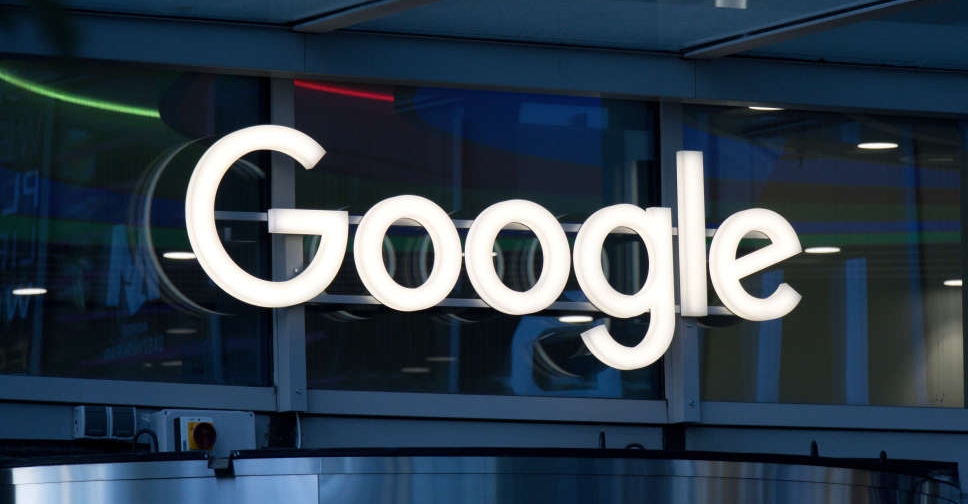
Prime Minister Narendra Modi is poised to overhaul Indian bankruptcy laws that date back a century in a bid to get his reform agenda back on track after a series of setbacks. This week a government-backed committee plans to submit recommendations to the Finance Ministry for a bill that may be tabled during the parliament session starting next month. Unifying more than four overlapping sets of rules, the code aims to slash the time it takes to wind up a dying company or recover dues from a defaulter. “People who thrive on delays will suffer," T.K. Vishwanathan, head of the drafting panel, said in an interview in New Delhi. “The current law is creditor-unfriendly. We will balance it." Modi has seen his reform agenda stall in recent months, leading to declines in stocks and the currency as China’s slowdown leads to increased global volatility. Opponents have blocked a vote on a national sales tax first proposed in 2006, and Modi backtracked in August on moves to make it easier for companies to acquire land for development projects. "Investor patience is running out and the government needs to push through at least one big-banner reform," Kaushik Das, an economist at Deutsche Bank AG, wrote in an Oct. 15 report. "The bankruptcy code will help reorganize a stressed business in a short span of time without endless litigation which erodes the viability of an enterprise." Under India’s current bankruptcy laws, individuals can go to jail for failing to repay just 500 rupees (AED28.36). Under what passes for insolvency protection for companies, firms need to wait until at least half of their value is wiped out before seeking any help from the government. Creditors in India recover about 25.7 cents on the dollar in the 4.3 years that it takes to resolve insolvency, World Bank data show, compared with 80.4 cents in the U.S. after less than half that time. The inability to collect on dues has also locked up funds at banks, with stressed assets at the highest level in more than a decade. A crucial aspect of the bankruptcy code is protection for unsecured creditors. Bringing such investors under the law would give them more confidence to lend to long-term projects such as building roads, ports and power plants, according to Raghuram Rajan, governor of India’s central bank. “Failure is inevitable in a free enterprise system," Rajan said in a speech last month. He called for a “speedy bankruptcy code” to resolve distress while still maintaining the priority structure of claims. Companies in India now can only get help if they’ve been operating for at least five years. They are declared “sick" only if they’ve accumulated losses exceeding net worth, and ailing if they lose 50% of its value or fail to repay debts for three consecutive quarters. An individual can seek rescue or face charges if he’s unable to repay a debt of 500 rupees. Even the clothes off his children’s back can be seized as long as they cost more than 300 rupees (AED17), according to the clauses of the Presidency Towns Insolvency Act, 1909. (Vrishti Beniwal/Bloomberg)



 Waymo to update software after power outage snarls self-driving vehicles
Waymo to update software after power outage snarls self-driving vehicles
 Masdar to develop Southeast Asia’s largest floating solar plant
Masdar to develop Southeast Asia’s largest floating solar plant
 New York Times reporter sues Google, xAI, OpenAI over chatbot training
New York Times reporter sues Google, xAI, OpenAI over chatbot training
 New Zealand concludes FTA with India with aim to double trade
New Zealand concludes FTA with India with aim to double trade
 Mubadala partners with Actis to invest over $350 million in Rezolv Energy
Mubadala partners with Actis to invest over $350 million in Rezolv Energy



